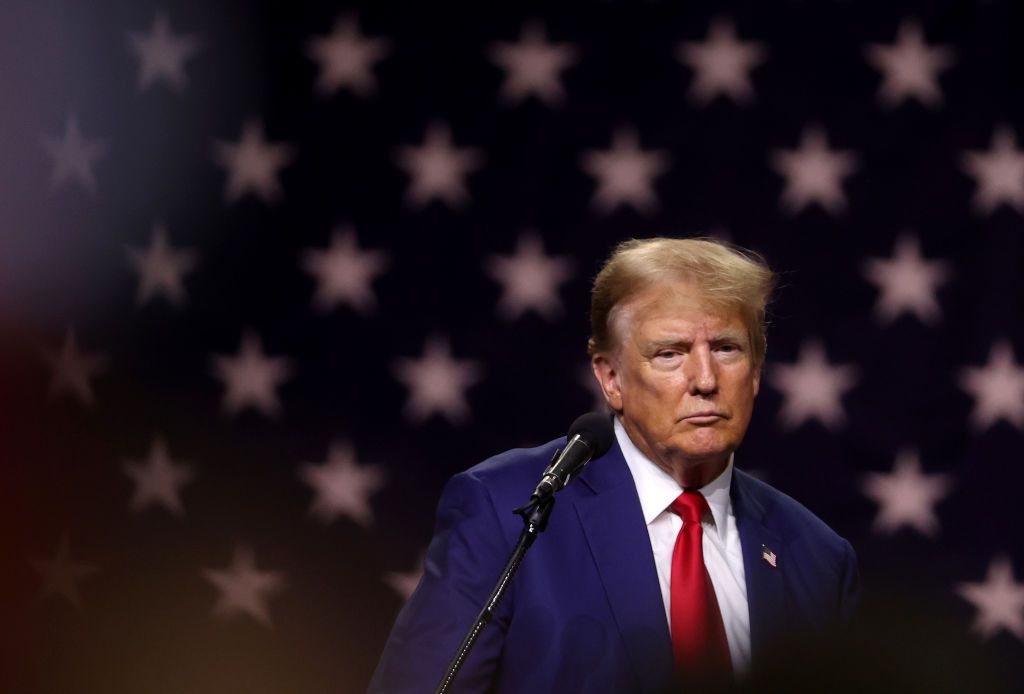In a recent revelation, former advisor Fiona Hill has stated that as president of the U.S., Donald Trump believed that Ukraine “must be part of Russia.” This belief was allegedly made clear by Trump himself, who could not grasp the idea that Ukraine was an independent state. The book “New Cold Wars” by The New York Times reporter David Sanger also highlighted Trump’s view on Ukraine, which apparently coincided with that of Russian President Vladimir Putin. Trump’s stance on Ukraine has raised concerns, especially among hard-line Republican lawmakers who are against providing further assistance to Kyiv. They have reportedly pressured House Speaker Mike Johnson not to call a vote on a $60 billion aid package for Ukraine in the House of Representatives.
Despite the pushback against aid to Ukraine, Ukraine’s President Volodymyr Zelensky has rejected the idea of ceding the country’s territories in exchange for peace. Zelensky has emphasized that Ukraine is likely to lose the war unless Congress approves additional support. The continued aggression by Russia, which illegally annexed Crimea and invaded Donbas in 2014, has heightened the urgency for international support for Ukraine. In September 2022, Putin declared the annexation of four partially occupied Ukrainian oblasts, further escalating tensions in the region.
As Trump considers a potential run for the U.S. presidency in 2024, his statements regarding Ukraine’s place within Russia have come under scrutiny. Trump has claimed that he could end Russia’s war within 24 hours if elected, without providing specific details on how he plans to achieve peace between Kyiv and Moscow. The conflicting views within the Republican party on providing aid to Ukraine reflect the broader geopolitical tensions surrounding the conflict. The need for a unified approach to supporting Ukraine in its fight against Russian aggression remains critical.
The ongoing conflict in Ukraine has drawn global attention and support for the country’s sovereignty and territorial integrity. The war has highlighted the importance of upholding Ukraine’s independence and resilience in the face of external threats. The challenges faced by Ukraine underscore the broader implications of Russia’s aggressive actions in the region and the need for international solidarity in defending democracy and human rights. As Ukraine continues to resist Russian aggression, the support of the international community, including the U.S., remains crucial in ensuring peace and stability in Eastern Europe.















